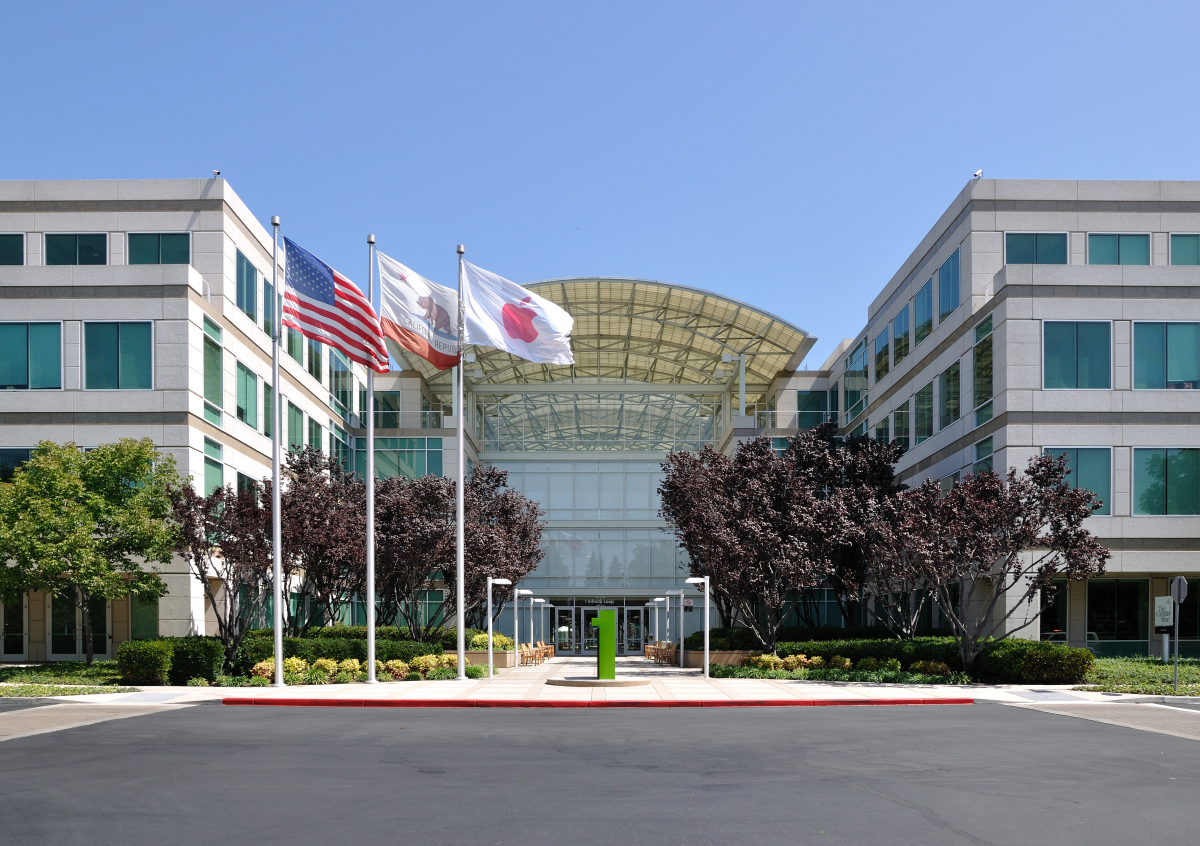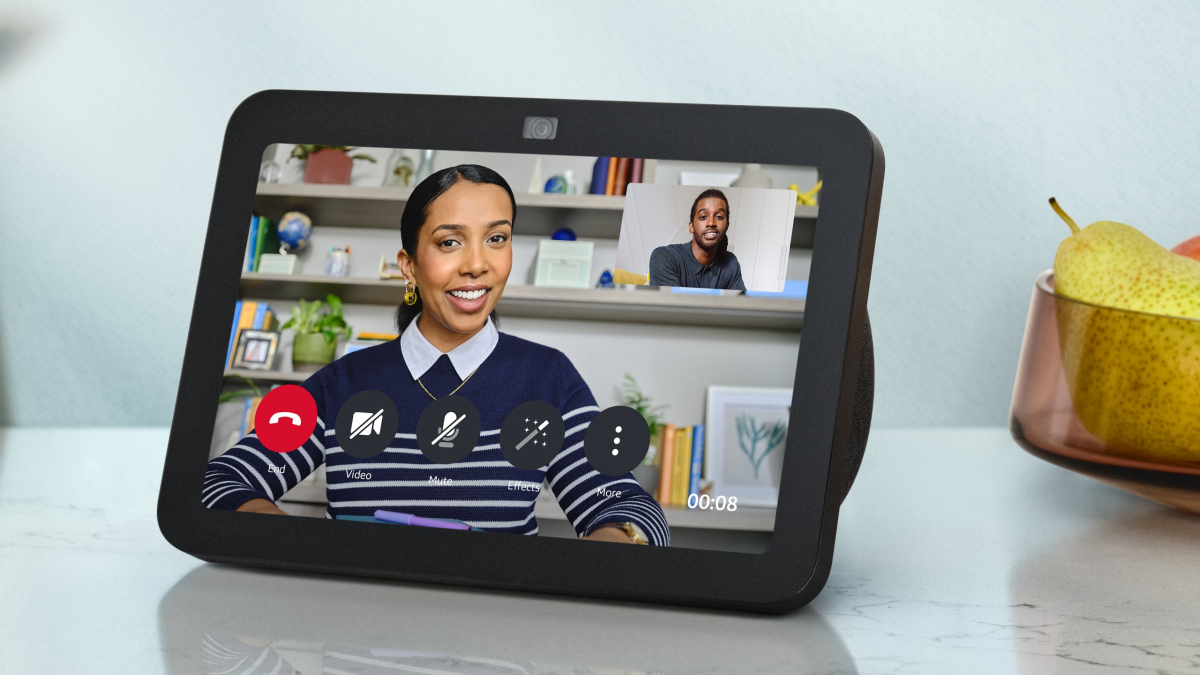Bill Gates calls AI risks “real but manageable”
AI could replace up to 300 million full-time jobs worldwide. At least that’s what a recent study by the US bank Goldman Sachs suggests. While artificial intelligence is a huge opportunity for the world, experts also warn that it could wipe out humanity. So it’s no wonder that AI can be pretty scary for most of us.
But what if our fears become reality? And what if some future AI actually decides it doesn’t need humans anymore and wants to get rid of us? Bill Gates has a new personal blog post on “gatenotes.com” explains what he thinks about the future with AI.
Editor’s Recommendations
“These are valid questions and the concerns raised must be taken seriously. But there is good reason to believe we can handle it,” writes Bill Gates. It is not the first time that a major innovation has brought new threats that need to be controlled. “We’ve done it before,” Gates said.
Bill Gates is confident and believes that the risks of AI are manageable. Whether it was the introduction of cars or the rise of personal computers and the internet, he believes people have weathered transformative moments before and, despite much turbulence, have ultimately come out better.
Shortly after the first cars were on the road, there would have been the first car accident. “But we didn’t ban cars — we imposed speed limits, safety standards, licensing requirements, drunk driving laws, and other traffic rules,” writes the Microsoft founder.
Bill Gates believes we are now in the earliest phase of another profound transformation, the age of AI, comparable to the uncertain days before speed bumps and seat belts.
“AI is evolving so rapidly that it’s not exactly clear what will happen next,” the billionaire writes. He is convinced that AI will revolutionize our lives and help solve problems in the areas of health, education, climate change and more that were previously considered unsolvable.
Gates: “The risks are real”
“Another thing that’s clear to me is that the future of AI isn’t as bleak as some people think, or as rosy as others think,” Gates wrote in his post. “The risks are real, but I’m optimistic that they can be managed.” Gates also believes that many of the problems created by AI can also be solved again with the help of AI.
However, Bill Gates, like many others, advocates the creation of a global body to regulate AI. He believes this is a good way to curb the development of AI cyberweapons.
As for deepfakes, he calls for new tools to detect them in time. However, the latest tools are not yet able to identify images or text generated by AI well enough to be of any real use.
“The idea that technology can be used to spread lies and untruths is not new. People have been doing this with books and pamphlets for centuries. But with the advent of word processors, laser printers, email, and social networking, it got a lot easier,” Gates said.
On a larger scale, AI-generated deepfakes could be used to rig an election. “Of course, it doesn’t take sophisticated technology to sow doubt about the rightful winner of an election, but AI will make it easier,” says Gates.
While Gates is aware that the problem of misinformation and deepfakes is certainly not yet solved, two things make him optimistic about the future. For one thing, people are capable of not blindly believing everything.
“The other thing that makes me hopeful is that AI can help both identify deepfakes and create them. For example, Intel has developed a deepfake detector and the government agency DARPA is working on technologies to detect whether video or audio recordings have been tampered with,” says Gates.
Bill Gates believes that over the next few years, AI will focus primarily on helping people do their jobs more efficiently. This applies to workers in factories as well as to employees in offices who make sales calls or take care of the accounts. However, many workers will need support and retraining to make the transition to an AI-enabled workplace.
It is not the first time that a new technology has caused a major change in the job market. “I don’t think the impact of AI will be as dramatic as the Industrial Revolution, but it will certainly be as big as the advent of the PC,” writes Bill Gates.
Word processors wouldn’t have eliminated office work, but they would have changed it forever. “Employers and employees had to adapt – and they did it. The change brought about by AI will be a bumpy transition, but there is every reason to believe that we can minimize the disruption to people’s lives and existence.”


